Ho Chi Minh City is promoting the plan to develop the urban railway system in the spirit of Resolution 188 of the National Assembly . Accordingly, in the next 10 years, the city will invest in building 7 metro lines with a total length of about 355 km.
Many corporations registered to build metro in Ho Chi Minh City
It is expected that 6 lines will start construction in 2027, with metro line 2 alone starting in December this year. This plan has attracted strong interest from many domestic and foreign enterprises registering to build metro in Ho Chi Minh City.
Recently, a consortium including Deo Ca Group, Fecon Company (Vietnam), PowerChina Group and Sucgi Company (China) proposed to participate in the implementation of metro line 2 and a number of other urban railway lines in Ho Chi Minh City.
This consortium hopes that the city will apply the mechanism of Resolution 188 to appoint contractors for metro project No. 2 (Ben Thanh - Tham Luong section) as well as related projects.
Vingroup is also studying the investment in an urban railway line connecting the center of Ho Chi Minh City with Can Gio district (old), about 48.7 km long. Sovico Group, founding shareholder of Vietjet Air, has proposed studying the investment in metro line No. 4, more than 47 km long.
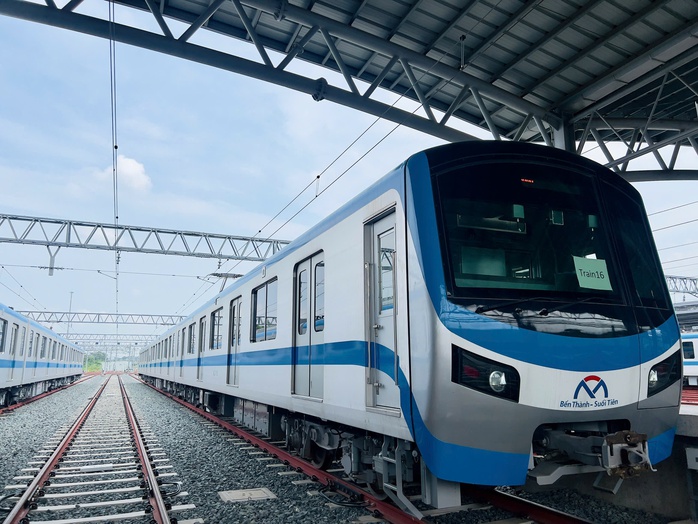
Ho Chi Minh City will focus capital on implementing 7 metro lines with a total length of 355 km, with a total capital need of 1.2 million billion VND.
Previously, Truong Hai Group ( Thaco ) also expressed its desire to study and invest in metro line 2 (sections Tham Luong - Ben Thanh and Ben Thanh - Thu Thiem) and the railway line connecting Thu Thiem with Long Thanh airport. Gamuda Land Group has also registered to participate in building the metro line from the city center to the airport, as well as metro line 2.
Facilitate investors
Chairman of the Ho Chi Minh City People's Committee Nguyen Van Duoc affirmed that the city government is always ready to create favorable conditions for investors, especially those with capacity and commitment to sustainable development. The city will diversify capital sources, shifting from public investment to mobilizing private capital to reduce pressure on the budget.
An urban transport expert said that the fact that large domestic enterprises expressed their desire to participate in metro investment is a very positive signal and should be encouraged. This is an opportunity for enterprises to promote their internal strength, improve their level and try their hand at large-scale projects. According to this expert, the State needs to play a guiding role, build basic standards for the metro system, and at the same time issue appropriate policy mechanisms to create a playground for private enterprises to participate.
He also said that the participating units certainly saw great potential and opportunities. Lessons from Japan show that there are many enterprises participating in urban railway business, thereby expanding production and business activities based on existing strengths such as construction, mechanical manufacturing, and project management.
In addition, businesses also have the opportunity to increase their scale, increase asset value, improve management skills and increase capital efficiency. Many businesses can even invest in metro projects along with urban development projects following the urban railway model (TOD), thereby creating long-term growth momentum.
Source: https://nld.com.vn/dieu-gi-thuc-day-hang-loat-tap-doan-dang-ky-lam-metro-o-tp-hcm-196250710141555272.htm



![[Photo] Parade to celebrate the 50th anniversary of Laos' National Day](/_next/image?url=https%3A%2F%2Fvphoto.vietnam.vn%2Fthumb%2F1200x675%2Fvietnam%2Fresource%2FIMAGE%2F2025%2F12%2F02%2F1764691918289_ndo_br_0-jpg.webp&w=3840&q=75)


![[Photo] Worshiping the Tuyet Son statue - a nearly 400-year-old treasure at Keo Pagoda](/_next/image?url=https%3A%2F%2Fvphoto.vietnam.vn%2Fthumb%2F1200x675%2Fvietnam%2Fresource%2FIMAGE%2F2025%2F12%2F02%2F1764679323086_ndo_br_tempimageomw0hi-4884-jpg.webp&w=3840&q=75)

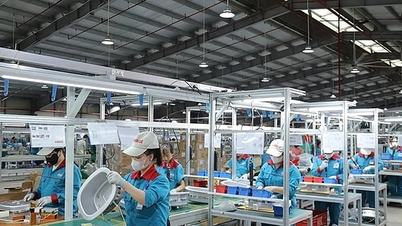

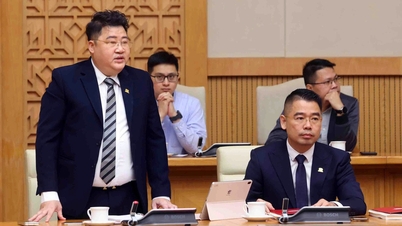

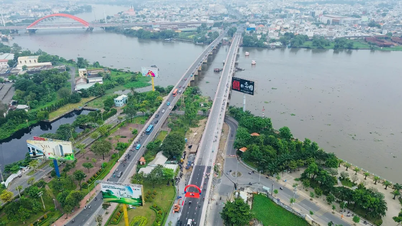

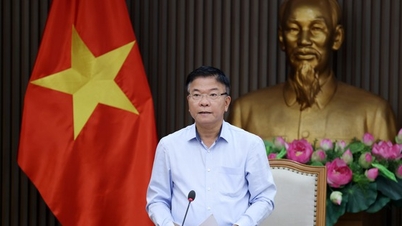

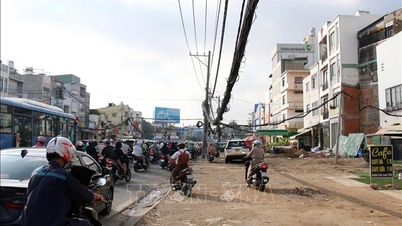

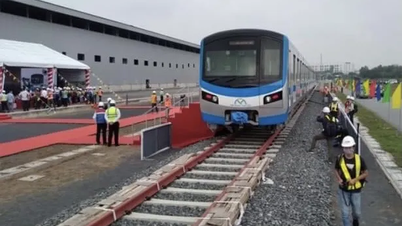
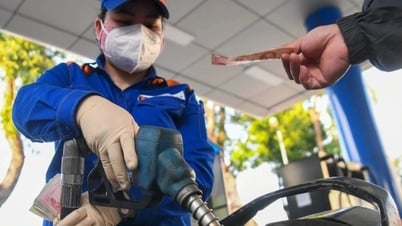

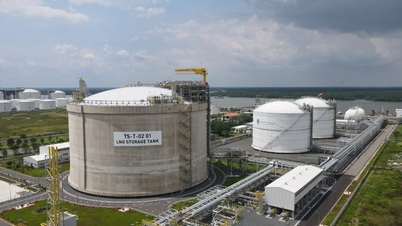
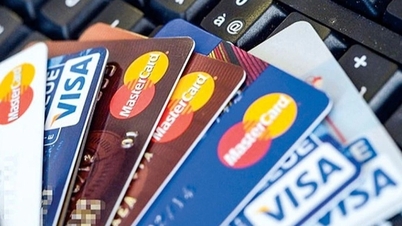
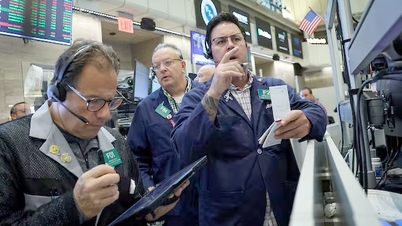

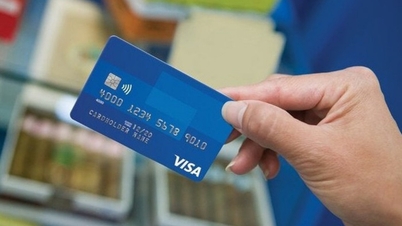

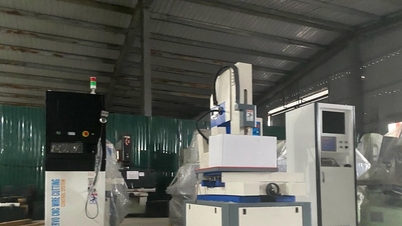






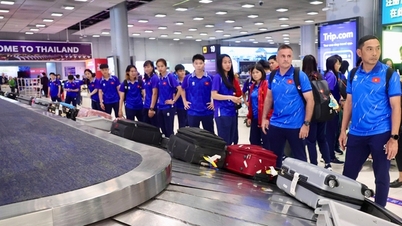





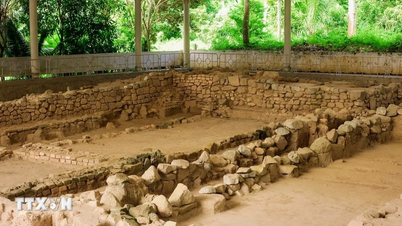

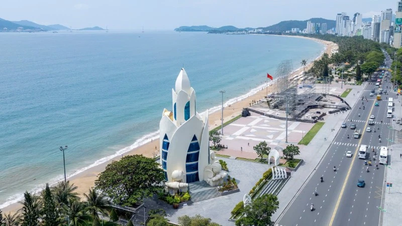

![[Video] Protecting World Heritage from Extreme Climate Change](https://vphoto.vietnam.vn/thumb/402x226/vietnam/resource/IMAGE/2025/12/03/1764721929017_dung00-57-35-42982still012-jpg.webp)
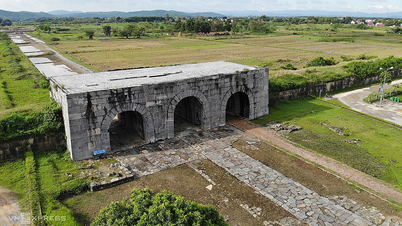




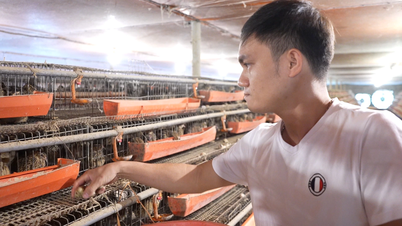

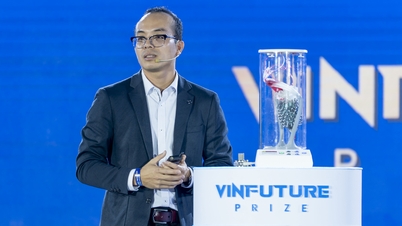







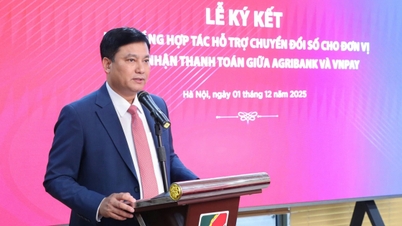

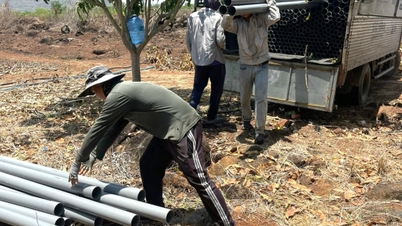
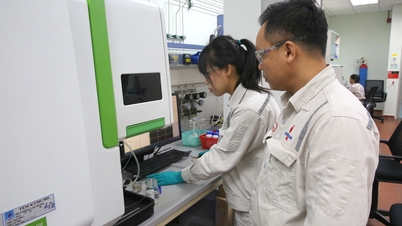








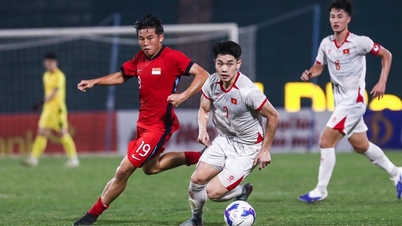





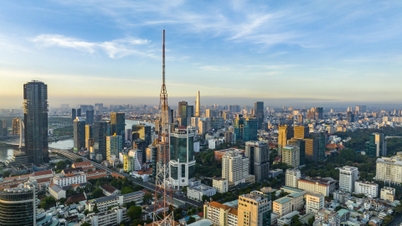




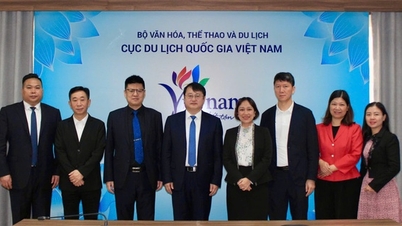
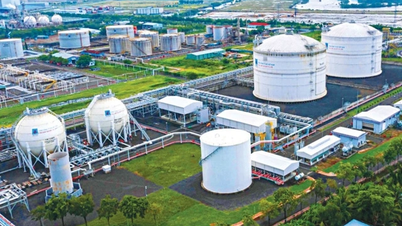
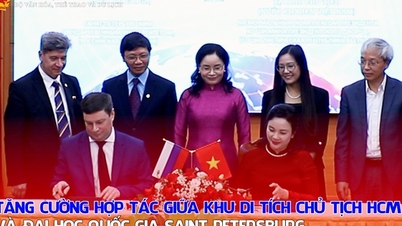
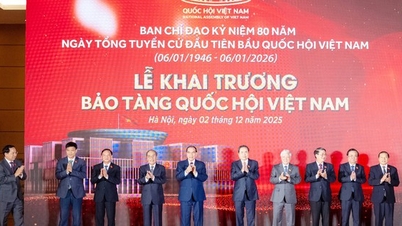





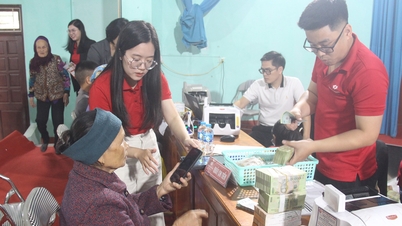

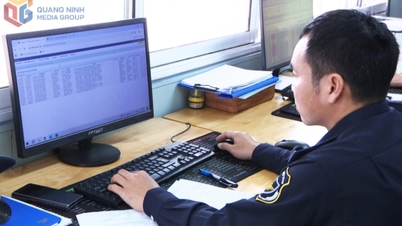

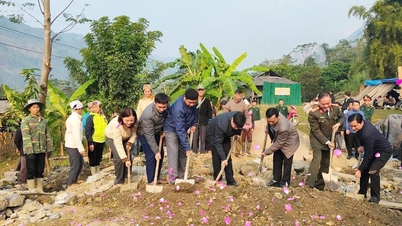













Comment (0)